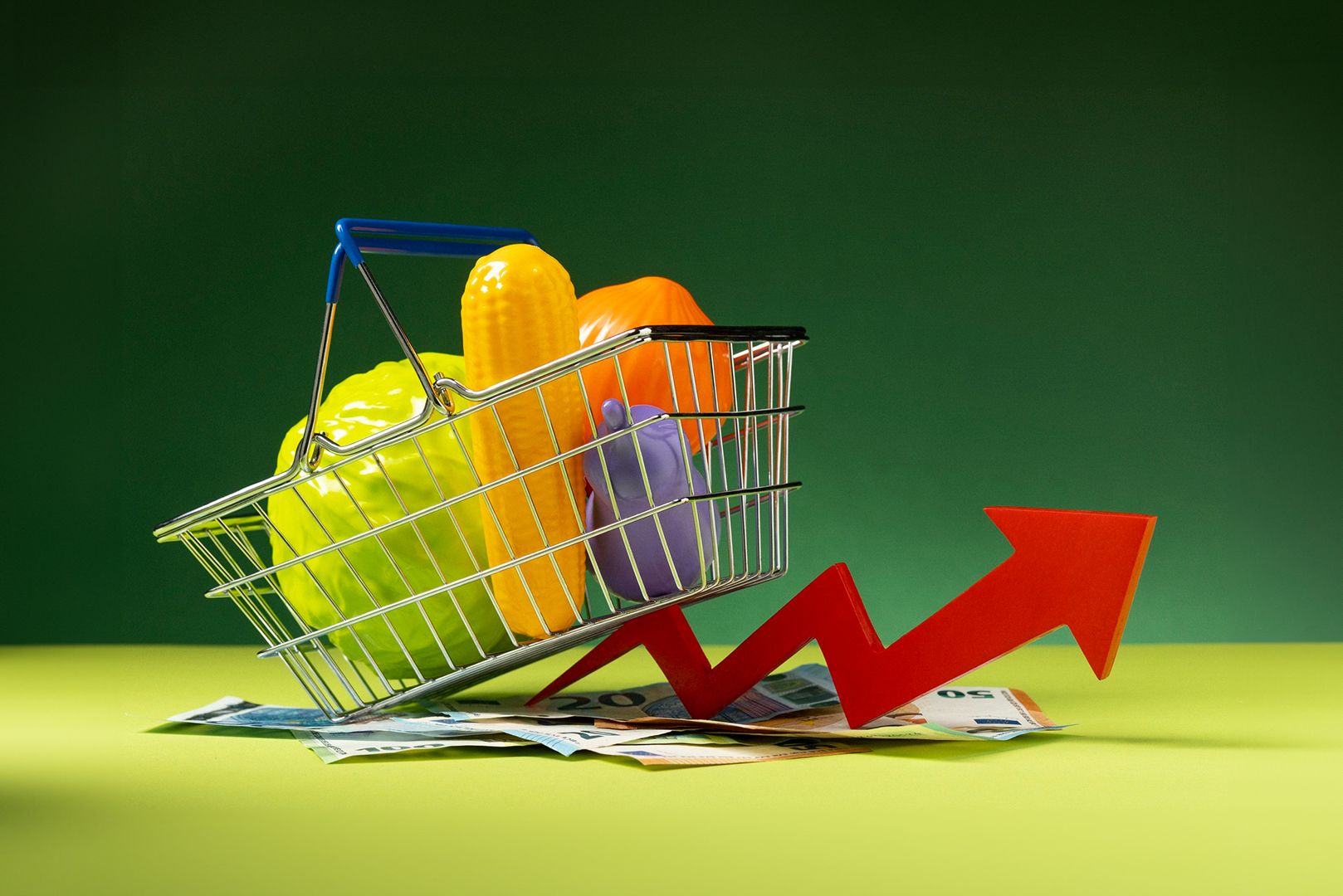Reading time:4 min read
Commodities Futures: A Panacea for Food Price Volatility?
In the first quarter of 2022, the Russia-Ukraine crisis triggered a surge in commodity prices, intensifying demand while imposing severe supply constraints. As two key global exporters of energy, fertilizers, cereal grains, and metals, the disruption to Russia and Ukraine’s supply chains sent ripples across the world. The result: a significant spike in staple food prices, an impact that has continued into 2024.
Commodity Prices and the Futures Market
Commodity futures are derivative contracts in which the purchaser agrees to buy or sell a specific quantity of a physical commodity at a specified price on a particular date in the future. Derivatives are investments that derive their value from the price of another asset, typically called the underlying asset. Rapid price increases in agricultural commodities and periods of increased market volatility pose a threat to both agricultural product consumers and producers.
Since 2008, the price volatility of food grains has dramatically risen. According to the Futures Industry Association, between 2007 and 2016, the volume of global commodities futures contracts surged sixfold, from one to six billion contracts. This, on the one hand, provides opportunities for abnormal gains. However, future price uncertainty affects production chains, creating additional price risks. Concerns about food insecurity, which may be particularly detrimental to consumers in low- and middle-income nations like Nigeria, are sparked by a rise in their production costs and price volatility. Commodity markets, due to military actions, political tension, sanctions, growing demand, logistics problems, and other such factors, are currently volatile. In addition to the macro-environmental factors that drive the prices in commodity exchanges, financial speculation may also be responsible for long-term price dynamics.
Significant and unpredictable price fluctuations create uncertainties across all levels of the food supply chain, affecting everyone from farmers to processors and traders. These uncertainties can cause supply disruptions, leading to increased price mark-ups as a safeguard against elevated risks. Commodity futures markets serve as a crucial mechanism for managing these price risks. By stabilizing prices, they enhance supply security. Here, buyers and sellers can mitigate the risks of price changes by locking them in advance. For agricultural commodity futures markets to effectively perform this role, liquidity is essential. Much of the required capital is supplied by financial investors, whose trading activities help maintain the liquidity of these markets.

However, excessive speculation or a lack of transparency in futures markets can detract from their primary function, becoming a cause for concern. Over-speculation and poor transparency can amplify price swings, leading to extreme volatility in the short or medium term, and negatively impacting producers and manufacturers of the actual commodities. At AFEX, we recognize the importance of an exchange that prioritizes value discovery within the commodities value chain. Leveraging data and insights, price transparency, and the utilization of technology, we are working towards ensuring efficiency across Africa’s commodities market. Africa Exchange creates incentives for players to participate in the market and constantly highlights the opportunities and changes in the market.
Looking Ahead: AFEX Futures Contracts
AFEX is set to introduce futures contracts soon; these include maize, sorghum, soybean, and Index future contracts. Maize, soybean, and sorghum will be designed to be physically deliverable. This ability will add significant value to marginal accounts of the underlying hedger, who can use the exchange platform as the delivery point of last resort.
The Index contracts will have the AFEX Commodities Index (ACI) as an underlying. The index contracts will have quarterly expiries that cash settles off the ACI. This allows stakeholders who invest in the current spot market to hedge their price exposure further. The opportunity to establish a commodity derivatives market is exciting not only for AFEX but for the whole commodities ecosystem in the country.
To actualize this vision, the Exchange will look to achieve the following in the next couple of months:
-
Full technological integration with a central counterparty (CCP).
-
Extensive market consultation and roadshows with critical stakeholders across the value chain.
-
Comprehensive training/market education around using commodity derivatives as price risk management instruments.
-
Publishing approved rules and regulations surrounding commodity derivatives trading on the Exchange. This will include an adequate policy framework to cover the crucial areas in ensuring the regulations are clear, scalable, suitable, and appropriate. The framework will aim to achieve market-wide standardization of documentation and procedures.
It is an exciting time for the Nigerian commodity market, and AFEX is prime to lead the charge in introducing commodity derivatives. This is especially in line with the ambition espoused by the Government to grow this vital sector and ensure food sustainability and security in the country.
